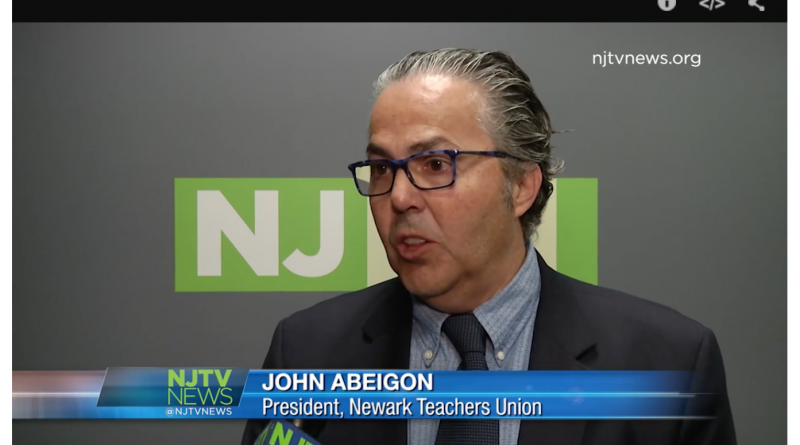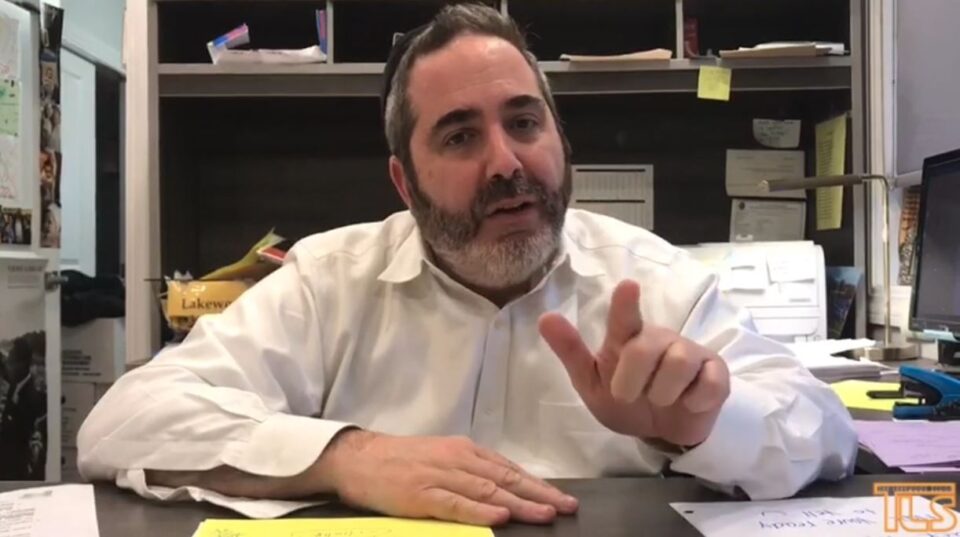QOD: The Politics of the Common Core
July 14, 2014Christie Compromises (a bit) on PARCC-infused Teacher Evaluations
July 15, 2014Speaking of the Common Core…
Or not. The Common Core State Standards is a set of academic benchmarks that aspire to raise student achievement, regardless of state of residence. The PARCC ( Smarter Better is the other consortium) is an accountability instrument aligned with the Common Core that intends to measure student proficiency. As many states make the overdue move towards incorporating student growth into teacher evaluations, PARCC will also serve as a data source for teacher effectiveness. The two very different initiatives have been conflated, even among people who should know better, although there’s some political perspicacity at work here. It’s easy to hate tests. It’s harder to hate efforts to raise student achievement. But if they’re the same, who cares?
So speaking of PARCC: the Star-Ledger reports today that Gov. Christie intends to issue an executive order this week that will supersede Senate Bill 2154 (see coverage here). This bill would delay the linkage of PARCC results to teacher evaluations by up to two years instead of the timeline codified in N.J.’s teacher tenure and evaluation reform law called TEACHNJ. The bill also creates a committee to study its impact and reliability. Bob Braun says he has the inside scoop:
Gov. Chris Christie has agreed to a two-year delay in using the results of new standardized tests to evaluate New Jersey public school teachers, according to Statehouse and other sources. He also will reduce, from 30 percent to 20 percent, how much the scores will count in future teacher evaluations. He will not, however, agree to delaying other uses of test results pending the work of a special study commission that would have at least two years to study the new testing program. The compromise, expected to form the basis of either an executive order or newly proposed regulations to be issued by Christie this week, is likely to make teacher unions and legislators happy but ignores the demands of less powerful parent groups.
In other words, Christie is not as much superseding the Senate as simply ceding to lobbyists and legislators. If Braun is correct, then the executive order just enacts the proposed bill in a different fashion: two-year delay, lower proportion of the linkage between student growth and teacher evaluations. This will make NJEA leaders very happy.
But it’s an odd compromise for Christie (assuming Braun is correct). He could have, for example, ordered a one-year delay and left the percentages alone. But perhaps his reasoning is that the Senate has a veto-proof majority ready to pass 2154 and he looks, well, less weak with the executive order.
At least he’s resisting the national rebellion against both the Common Core and its attendant testing. See, for example, today’s QOD (below) which describes the stampede of governors — who, ironically, led the Common Core efforts — galloping towards the good will of lobbyists by forswearing their former allegiance to ambitious academic standards.




